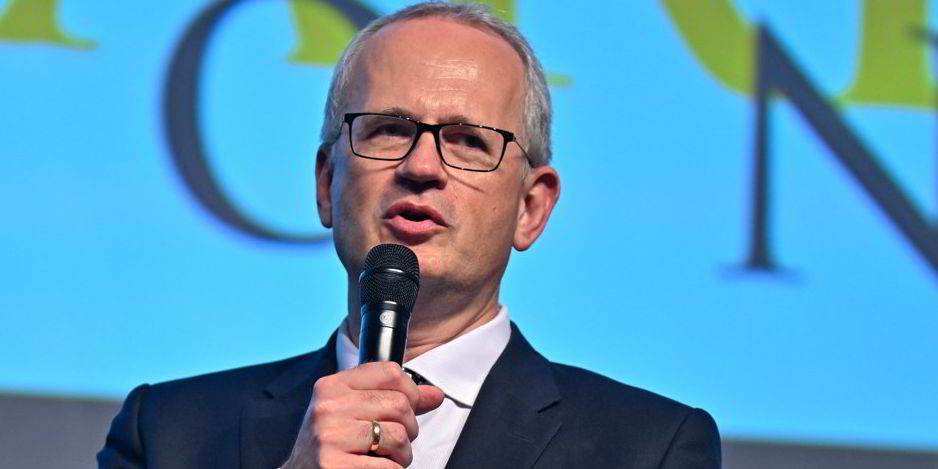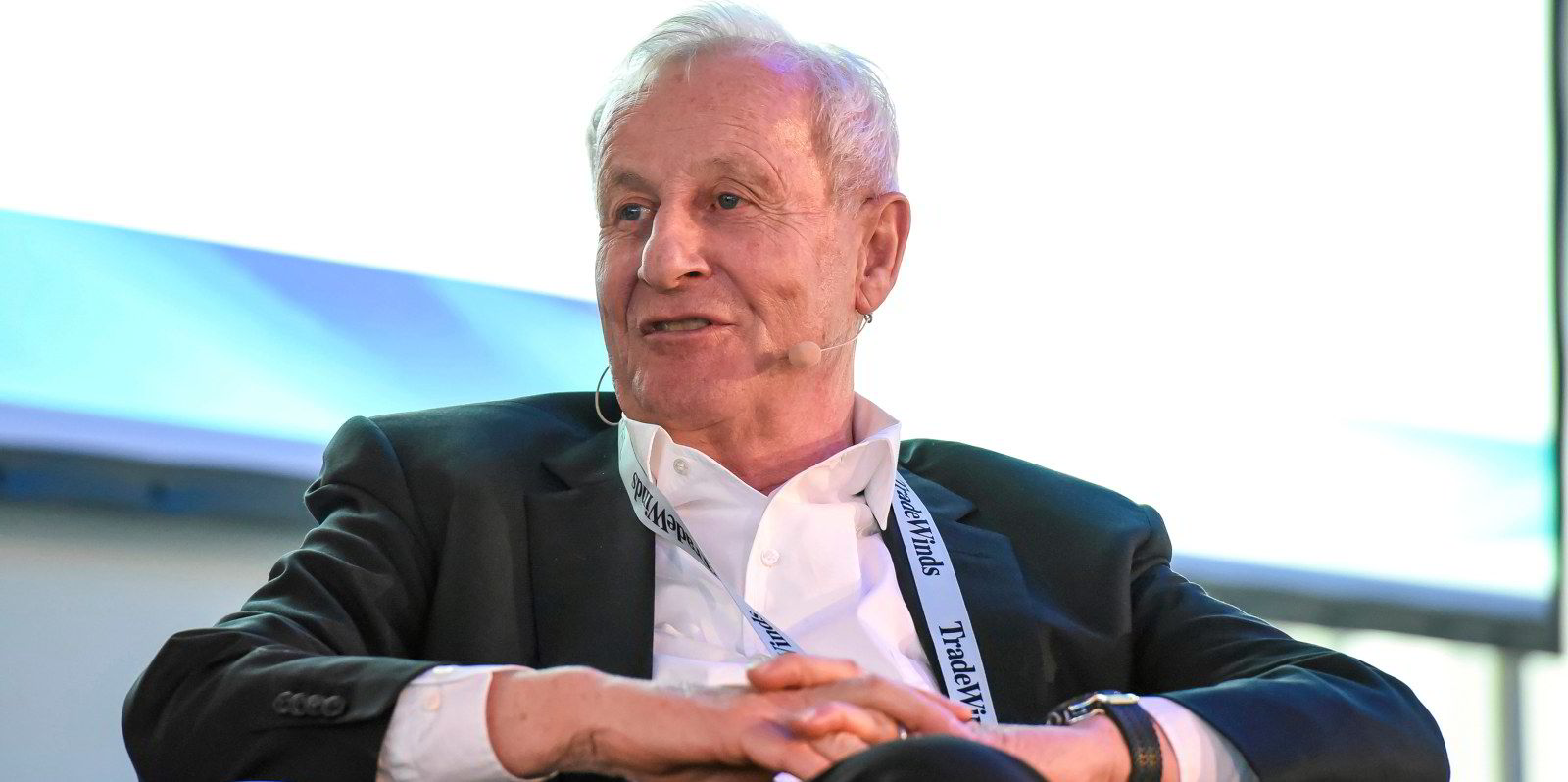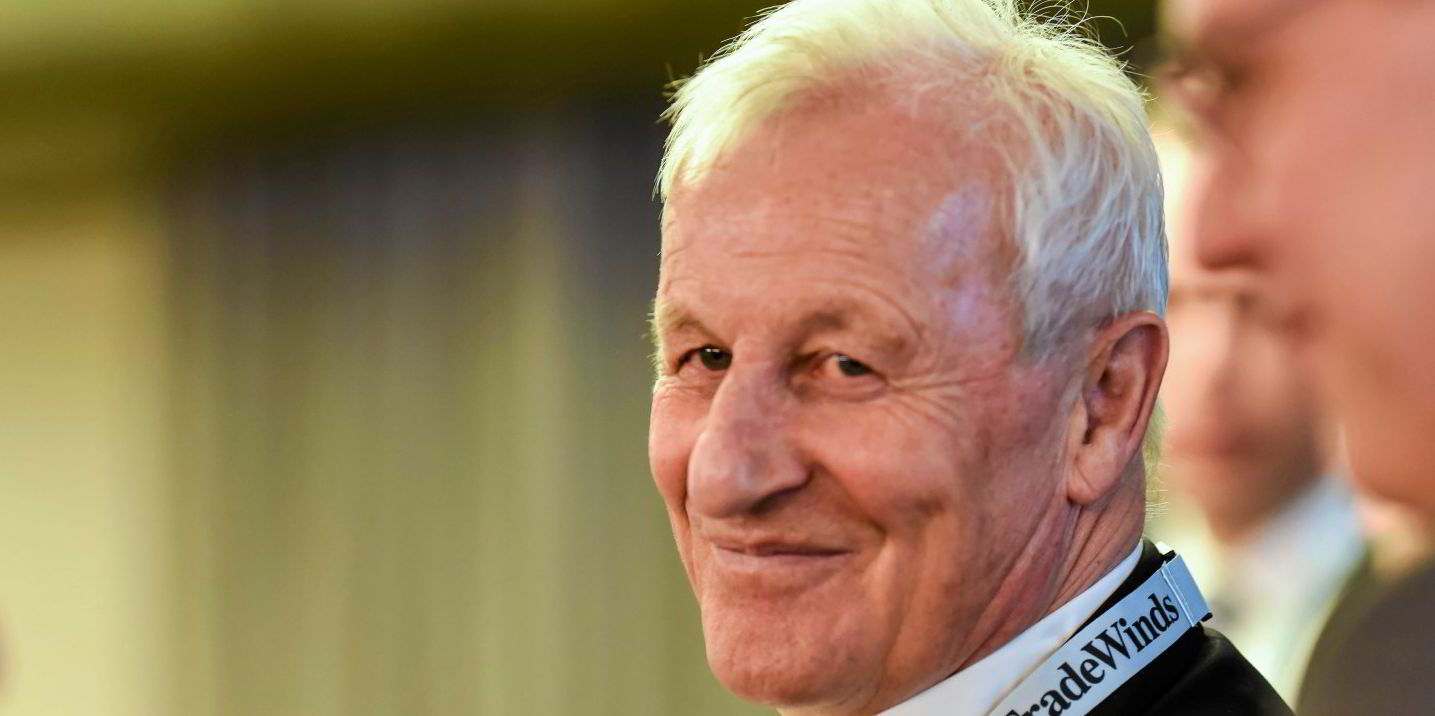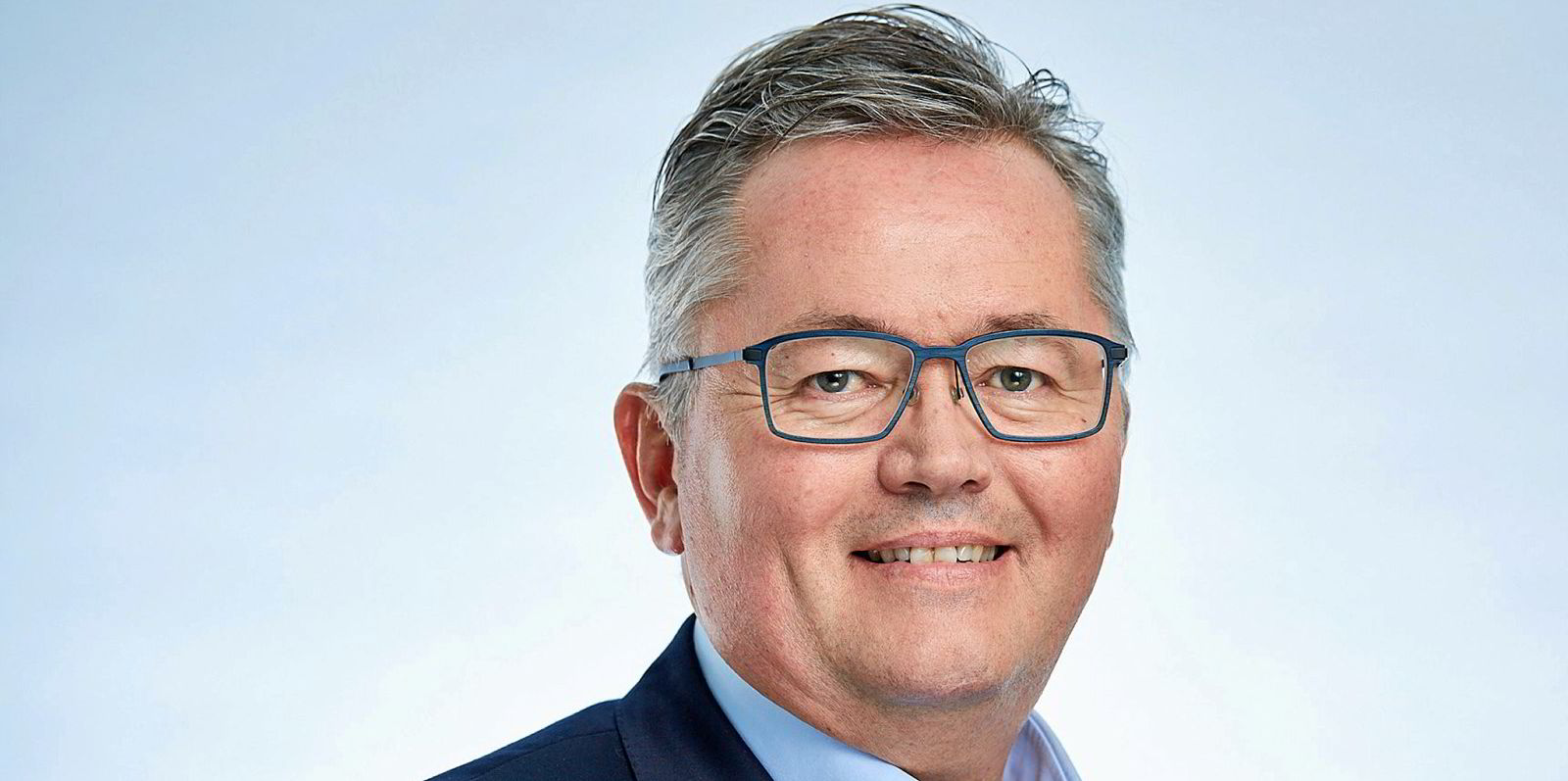Germany’s biggest container ship tonnage provider is looking to expand its post-panamax fleet.
But Offen Group chief executive Arnt Vespermann suggested that current market conditions in liner shipping mean there are no projects, as lines have enough money to buy the ships they need.
He told the Marine Money conference in Hamburg that his company has stabilised and restructured in recent years.
The leading boxship owner is in a “super-strong position” to grow in post-panamax — or neo-panamax — container tonnage, he said.
But liner companies are so flush with cash that they no longer rely on traditional tonnage providers as they did pre-Covid.
Vespermann, who took over as chief executive from Claus-Peter Offen at the start of the year, said the booming market means liners are able to purchase or order the ships they need.
That creates a market in which it may be difficult for a tonnage provider to find a liner operator for a long-term charter.
Offen Group is the fifth-largest container ship tonnage provider, according to Clarksons Research.
It is, however, losing ground and remains the only one of the top five operators without a newbuilding order.
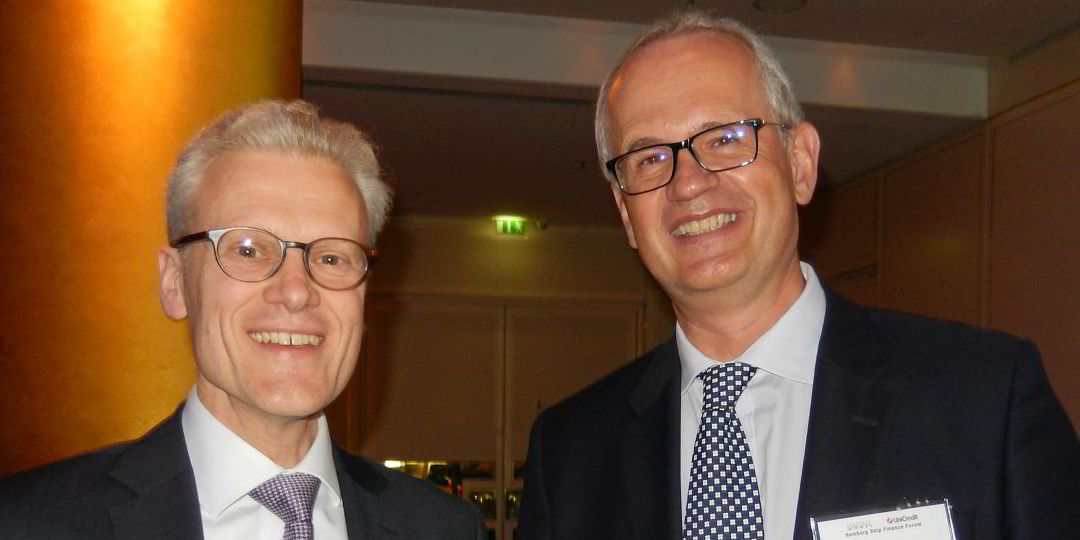
Vespermann suggested that reflects the strength of the privately owned German company.
“We don’t have the pressure to invest, but the ability to invest. We are ready, we are just waiting for the right project,” he said.
“We are looking at different projects. But we will not go for a project just to make a project. It has to make sense first.”
Vespermann, a former chief executive of liner operator Hamburg Sud, said the focus remains on the largest container ships.
But the company would consider other sectors, including small containers or bulkers and tankers.
He played down the prospect that the company would buy from the “overheated” secondhand market.
“It is maybe easier as a liner company to invest [in secondhand vessels] knowing what earning will be if you employ the ship for six months, rather than as a tramp owner keeping the residual value,” he said.
Partnership model
Berenberg bank’s head of shipping, Philipp Wunschmann, told the conference that the German container ship landscape has changed.
Only four of the world’s top 20 container shipping owners are German-controlled, down from 14 in 2008.
That does not mean the successful business model of German tonnage providers is coming to an end, Vespermann said.
His company could still obtain financing from its own sources as well as from established partners in Hamburg.
Vespermann also highlighted the expertise that remains in the German container shipping market, which appeals to liner companies.
“It’s important to have this partnership with the liner company rather than the cheapest rates,” he said.
He suggested that gives the German owners an advantage against more competitive Asian leasing companies.
But liner operators would still rely on tramp owners to maintain flexibility in their operation.
“Times are different. If you go to a liner company, you will hardly meet anybody because they are still carrying the money out of the shop,” Vespermann said.
“But in normal times, there is clearly a need for tramp owners.”
